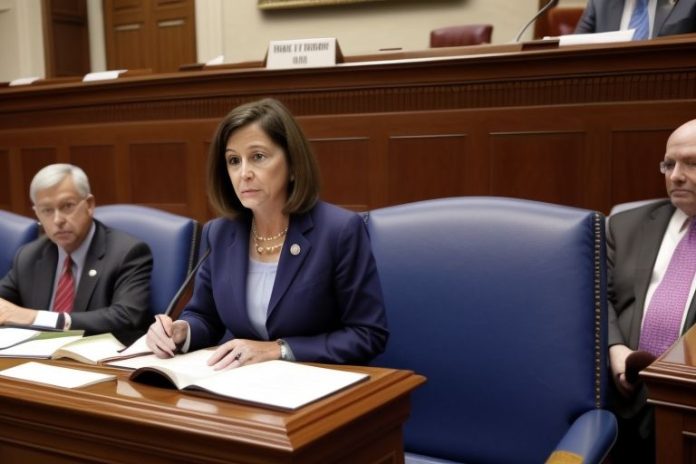This has finally been a subject of considerable controversy within the state. The Florida Legislature has approved the new education bill that is described as radically transforming the provision of education in the Sunshine State. The measures are being incorporated through the educational legislation bill that Esperanza has approved, which is now on its way to Ron DeSantis, who is expected to sign it.
Perhaps one of the most criticised sections of the bill is the addition to the state’s school voucher program. All income groups would be entitled to state-funded vouchers to go to private schools under the new law. Proponents state this will provide parents with better choices when it comes to education, while critics say it will pull money away from underfunded public schools.
The bill also has measures that will prevent any instructor in public schools to teach any concept that relates to race or sex. More precisely, it bans teachings that affirm that, due to race or sex, people are either dominant or oppressed. Most of the teachers who violated these rules could have been punished or banned from teaching by getting their licenses revoked.
A reform of the state’s standardized testing system is also expected to form part of the legislation. They want to eliminate end-of-the-year tests, and instead, the bill focuses on test- monitoring done within the progression of the school year. Supporters argue that this will give more ‘real time’ and apparently meaningful information on the performance of the students but critics are concerns that this will only add to the many tests students and teachers are already subjected to.
It has passed the bill after a long, grueling, and, at times, acrimonious session in Tallahassee and across the state. The measure was enacted by Republican lawmakers who dominate both chambers of the legislature against stiff opposition from Democrats and teachers’ unions. The final vote mainly followed partisan division; Republicans praised it as the victory of educational freedom, while Democrats opposed it as the war on public education.
The bill, which has been a priority of Governor DeSantis who has championed education reforms since he came to office, is likely to be signed in the coming days. During his speech, he quickly appreciated the legislature for catering to students’ needs and mentioned that the new bill will empower parent, and ensure Florida remains a national leader in education reform.
However, the legislation may encounter constitutional problems. The Florida Education Association, the state’s largest teachers’ union, has said that they would challenge several provisions of the bill in court. They say some provisions of the law are in violation of the state constitution and the federal civil rights code.
This particular bill is going to have profound effect on the society in question. Now, districts across Florida are trying to find out what individual components they have been asked to include and how the requirements will work before the plans are in place for the new school year. Superintendents have complained about short time for implementing its objectives and obscurity of some of the provisions of the bill.
It is believed that the growth of School Choice programs will bring a radical change in students enrollment. Private school is expecting a new rush of voucher students while some public school is expecting a possible fall in enrollment. This might have serious consequences to school financing and distribution of resources within the different schools across the state.
Education unions say that the new Rules and guidelines limiting further classroom discussions may negative impact education. They state that the language the bill uses is too ambiguous which in turn may lead to more self censorship and inability to discuss any historical social issue that may come across as sensitive.
While Florida is awaiting the enactment of such changes, the dispute over the state’s advancement in education continues. Why the bill should pass: Despite this debate on the effectiveness of both, the supporters asserted that it promotes educational success and parental participation. It will increase differentiation between knowledgeable and skillful teachers and those who lack expertise, widening gaps between social classes and eradicating public education.
What is evident is the fact that the education sector in Florida is set for a drastic change. However, most scholars will be looking forward to the implementation of these new laws when implemented with a keen interest in the classrooms within the Sunshine State. There are years of implications of this legislation to come, not only to Florida but potentially all across the United States, as more and more states consider creating similar legislation.

